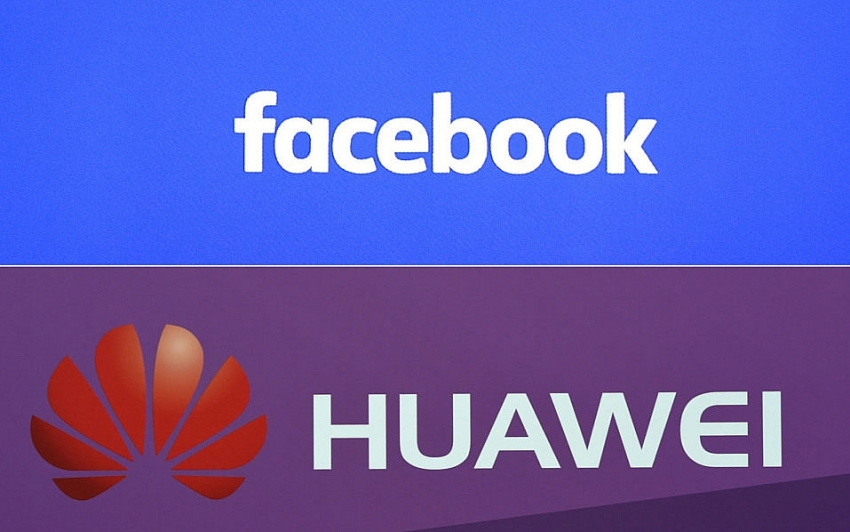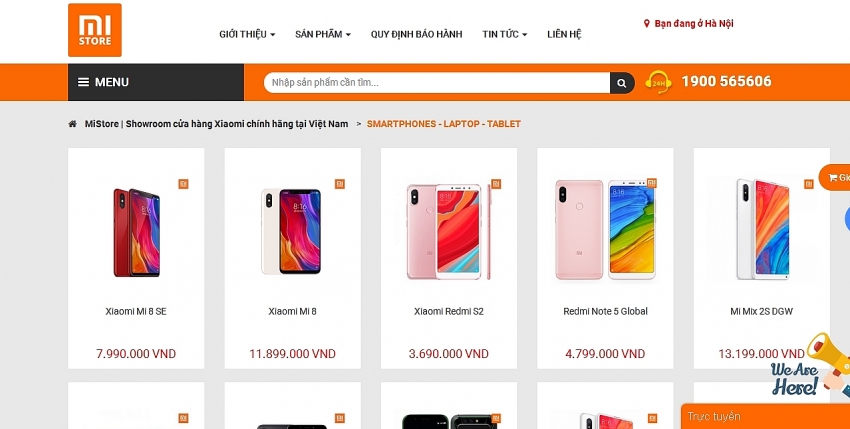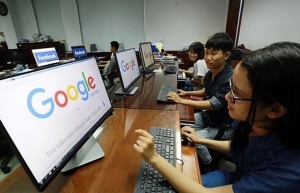Facebook selling user data—this time to mobile manufacturers
Facebook admitted to co-operate with four Chinese mobile manufacturers
 |
| Facebook may have made unspoken deals with many mobile manufacturers. Photo: AFP |
The New York Times reported that on June 5, Facebook admitted to strike deals with four Chinese mobile giants, Oppo, Huawei, Xiaomi, and TCL. Accordingly, the deal between Facebook and Huawei has been going since 2010, while the deals with other mobile manufacturers could have been going for similar durations.
Facebook’s representative also said that its partnership with four Chinese brands remains effective, but the social network will soon cancel the deal with Huawei.
This particular round of scandal broke earlier this week, when Facebook was revealed to allow access to user data for 60 firms, including Amazon, Apple, Blackberry, and Samsung.
The New York Times also quoted Facebook’s representative as explaining that the deals were a small part of its efforts to lure people to the social network site since 2007, and was made prior to the Facebook smart phone applications. The co-operation has allowed mobile manufacturers to look at users’ personal information, such as addresses, the number of likes, and status updates.
The co-operation with Facebook is supposed to help Huawei – the world’s second largest mobile manufacture – in creating its own application named “social phone” which will allow users to read messages and manage their accounts of many different social networks.
Facebook’s representative stated that data shared with Huawei is located on users’ devices and is not moved to the Chinese mobile manufacturer’s servers.
“The deals between Facebook and Huawei, Lenovo, Oppo, and TCL have been under control right from the start,” affirmed Fransico Varela, deputy chairman of Facebook. “We wanted to make it clear that all the information from these integrations with Huawei was stored on device, not on Huawei’s servers.”
Facebook is getting mired down in data leak scandals left and right, getting to the point that there are hardly a couple of weeks between compromising information about the company making headlines in the global media.
These news uncovering newer and newer facets of the corporation’s dealing point at core-deep troubles in its attitude to and handling of the personal information of its users. It is either a blatant disregard of the sanctity of personal information or an astonishing inability to regulate the sprawling corporation’s inner dealing, as one hand does not know what the other is doing.
Huge impact on Vietnamese users
 |
| Xiaomi's online shopping website in Vietnam |
With the huge market shares of the leading mobile brands as well as the popularity of Facebook among Vietnamese people (64 million registered users as of July last year), the deals could have contributed to these firms’ making bank in Vietnam.
Latest data released by market research company IDC shows that Samsung leads the Vietnamese smart phone market with 32 per cent, followed by China-based Oppo with 24 per cent. “Tenderfoot” Xiaomi and giant Apple rank at the third position, each with 7 per cent.
One year after entering Vietnam, Xiaomi has quickly gained a foothold and rose to the same standing as Apple. Xiaomi CEO Lei June also plans to expand market share as well create fresh competition between mobile brands in Vietnam. “We will create more competition by offering premium configurations at reasonable prices,” June added.
Lately, Huawei—the world’s second largest mobile manufacturer with 153 million mobile phones sold in 2017—also announced plans to become the second best-selling mobile phone brand in Vietnam by 2020.
 Chinese smart phone manufacturers make headways in Vietnam Chinese smart phone manufacturers make headways in Vietnam |
 National Assembly strikes ‘domestic server’ clause despite cyber risks National Assembly strikes ‘domestic server’ clause despite cyber risks |
What the stars mean:
★ Poor ★ ★ Promising ★★★ Good ★★★★ Very good ★★★★★ Exceptional
Related Contents
Latest News
More News
- VNPAY and NAPAS deepen cooperation on digital payments (February 11, 2026 | 18:21)
- Vietnam financial markets on the rise amid tailwinds (February 11, 2026 | 11:41)
- New tax incentives to benefit startups and SMEs (February 09, 2026 | 17:27)
- VIFC launches aviation finance hub to tap regional market growth (February 06, 2026 | 13:27)
- Vietnam records solid FDI performance in January (February 05, 2026 | 17:11)
- Manufacturing growth remains solid in early 2026 (February 02, 2026 | 15:28)
- EU and Vietnam elevate relations to a comprehensive strategic partnership (January 29, 2026 | 15:22)
- Vietnam to lead trade growth in ASEAN (January 29, 2026 | 15:08)
- Japanese business outlook in Vietnam turns more optimistic (January 28, 2026 | 09:54)
- Foreign leaders extend congratulations to Party General Secretary To Lam (January 25, 2026 | 10:01)

 Tag:
Tag:
























 Mobile Version
Mobile Version